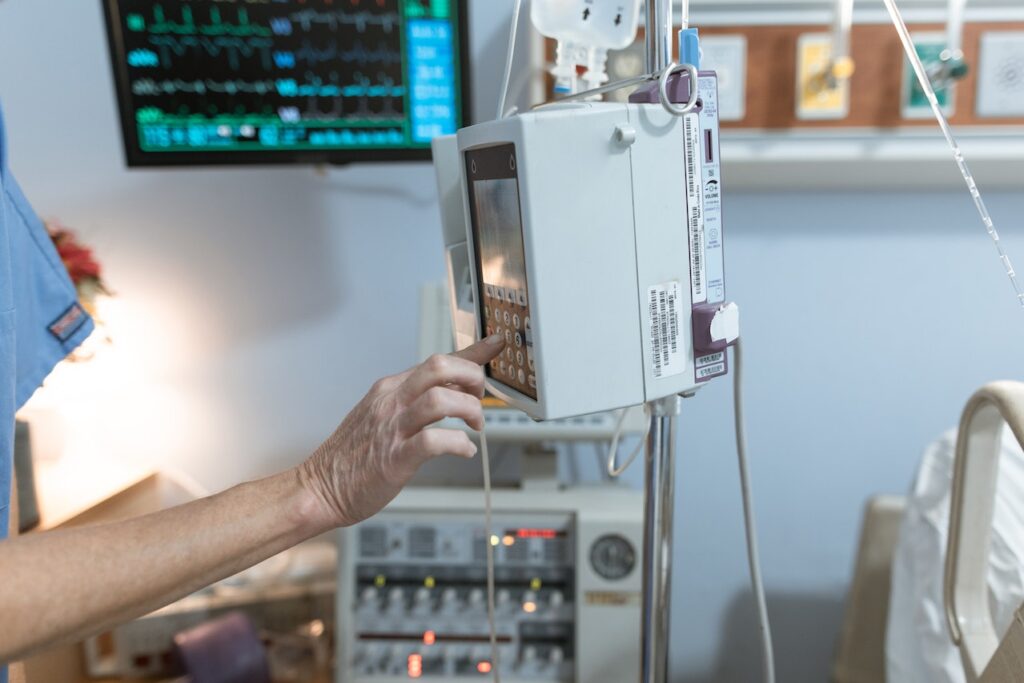Chemotherapy Facts
Chemotherapy schedules are specialized to each patient. We provide a complete schedule for the treatment regimen prior to the start, keeping in mind that there may be unavoidable adjustments as treatment proceeds due to the patient’s response. It is important you receive your treatment at the proper intervals. If you wish to cancel, please give us 24 to 48 hours notice.
- Chemo may affect your blood, so we will monitor your blood cell counts closely and check other lab work as needed.
- Your doctor will see you prior to each treatment to review lab results, discuss your response to treatment and answer any questions.

Chemotherapy Tips
Chemotherapy may cause nausea and vomiting at times. We provide medications during your infusion to prevent this side effect, as well as prescriptions for you at home to prevent or treat nausea.
- Eat small meals throughout the day versus three large meals.
- Reduce strong smells and taste by serving food at room temperature.
- Eat and drink slowly.
- Avoid foods that are overly sweet, salty, spicy, or fatty.
- If you’re having nausea, suck on ice or mints.
- Avoid cooking odors, smoke, or perfume.
- Some chemo can cause a metallic taste. In that case use plastic utensils.
- Call or email if you are unable to eat or drink.
Chemotherapy can cause mouth sores. Mouth care is extremely important during treatment.
- Use a soft toothbrush.
- Suck on ice chips.
- Suck on hard candy when needed.
- Moisten foods as much as possible.
- Avoid acidic foods.
- Avoid salty and spicy foods.
- Use a straw if needed.
- If no relief is reached, call our nurses for Magic Mouth Wash.
Call Us At: 856-435-1777
Chemotherapy can cause neutropenia, a low level of white blood cells in the blood. The lower the level, the higher the risk for infection.
Try to avoid crowded places or individuals that may be sick when white blood cell counts are low. If any of the following occurs, please notify us quickly.
- A temperature higher than 100.4 degrees.
- Shaking chills.
- Changes in urinary frequency, color, or smell.
- Changes in breathing, sore throat, sputum or constant cough.
- Changes in skin conditions such as redness, inflammation, or pain.
When To Call The Office
- Fever higher than 100.4 degrees.
- Shortness of breath or difficulty breathing.
- Uncontrolled diarrhea or constipation lasting longer than 24 hours.
- Inability to eat or drink.
- Sores in mouth or throat.
- New swelling in any area of the body.
- Uncontrolled pain.
- Newly developed rashes.
Call Us At: 856-435-1777
